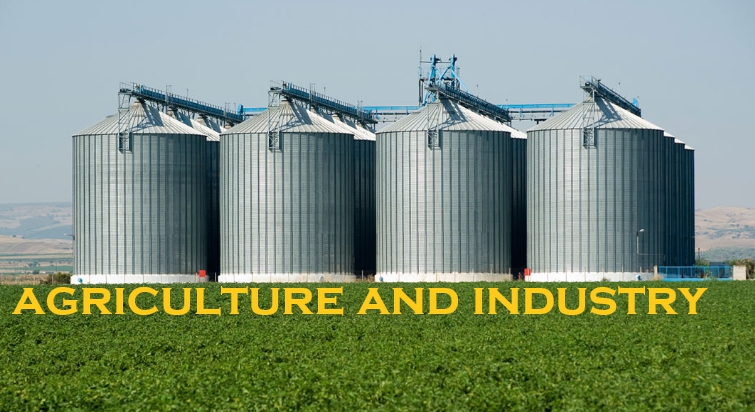Lagos, Nigeria – The Nigerian agricultural sector, once hailed as the backbone of the nation’s economy, is facing an unprecedented crisis. Despite its vast potential, the sector is struggling to stay afloat due to a combination of bad policies, inconsistent government support, and infrastructural deficits.
According to industry experts, the crisis has been building up over the years, with farmers and stakeholders lamenting the lack of clear direction and support from the government. “It’s like the government is not interested in agriculture,” said John Okoro, a farmer from Benue State. “We’re just trying to survive, but it’s getting harder every day.”
The crisis has been exacerbated by the government’s inability to provide adequate funding for the sector. The 2022 budget allocation for agriculture was a meager 1.3%, a far cry from the 10% recommended by the African Union’s Maputo Declaration. This has resulted in underfunded research, extension services, and infrastructure development.
Furthermore, the government’s land policy has been criticized for being too bureaucratic and complex, making it difficult for farmers to access land. “The process of getting land is too cumbersome,” said Sarah Ibrahim, a female farmer from Kaduna State. “It’s like they don’t want us to farm.”
The lack of infrastructure has also been a major challenge. Rural roads are in disrepair, making it difficult for farmers to transport their produce to markets. Storage facilities are inadequate, leading to post-harvest losses. And the irrigation systems are non-existent, leaving farmers at the mercy of the weather.
In addition, policy inconsistencies have created uncertainty and discouraged investment in the sector. “The government keeps changing its policies and programs,” said Emmanuel Ibe, a farmer from Abia State. “It’s hard to plan when you don’t know what’s coming next.”
The crisis has had far-reaching consequences, including food insecurity, unemployment, and economic stagnation. “Agriculture is the backbone of this country,” said Okoro. “If we don’t get it right, the whole economy will suffer.”
Way Forward
To address the crisis, stakeholders recommend the following:
Increase Funding: Allocate at least 5% of the national budget to agriculture to support research, extension services, and infrastructure development.
Simplify Land Policy: Streamline the land acquisition process to make it easier for farmers to access land.
Invest in Infrastructure: Develop rural roads, storage facilities, and irrigation systems to support farmers.
Policy Consistency: Establish a clear policy direction and stick to it to encourage investment and planning.
Support Farmers: Provide access to quality inputs, credit, and extension services to support farmers.
Encourage Private Sector Participation: Attract private investment in agriculture through incentives and public-private partnerships.
Develop Value Chains: Support the development of agricultural value chains to increase processing, marketing, and exports.
Address Climate Change: Implement initiatives to mitigate the effects of climate change on agriculture.
By implementing these recommendations, Nigeria can unlock the full potential of its agricultural sector, ensure food security, and drive economic growth.
